Space
Sign up for our newsletter
We summarize the week's scientific breakthroughs every Thursday.
-
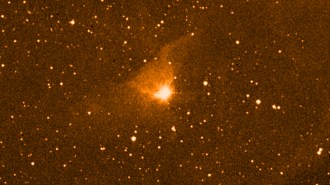 Astronomy
AstronomyTwo stars’ close encounter may explain a cosmic flare that has barely faded
A brilliant outburst of light that has lasted nearly a century arose when two young stars skirted past each other, simulations suggest.
By Ken Croswell -
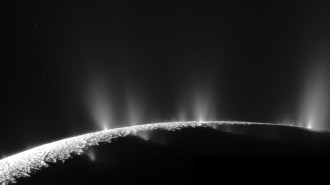 Planetary Science
Planetary ScienceEnceladus’ plumes might not come from an underground ocean
The celebrated plumes of Saturn’s moon Enceladus could come from pockets of watery mush in the moon’s icy shell, simulations suggest.
-
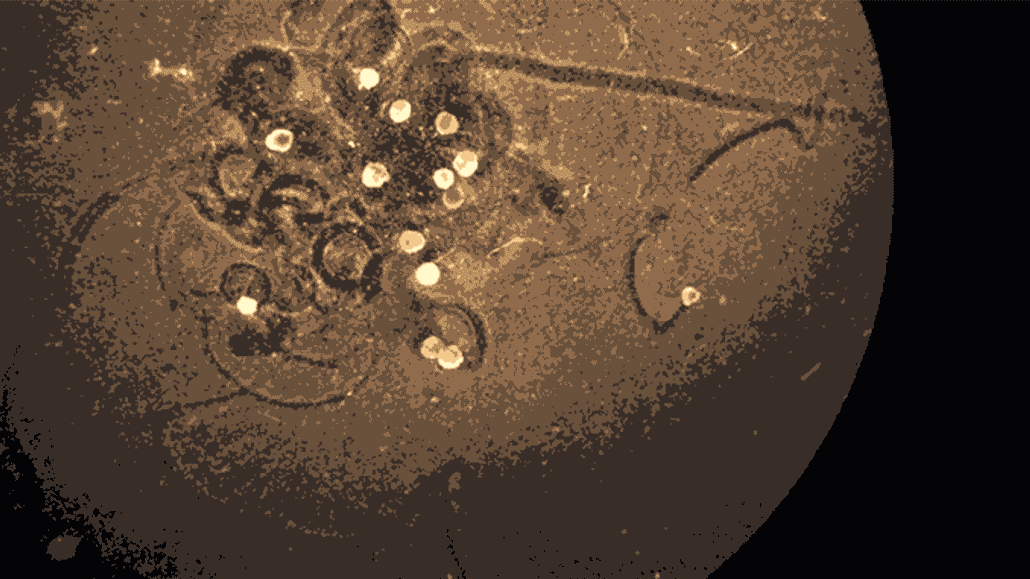 Life
LifeHere are our favorite cool, funny and bizarre science stories of 2021
These are some of the fun science stories from this year that we couldn’t wait to talk about with friends.
-
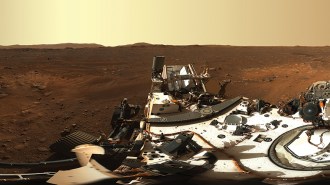 Space
SpaceSpacecraft in 2021 set their sights on Mars, asteroids and beyond
This year, a bevy of new missions got under way on Mars and spacecraft prepared to visit asteroids.
-
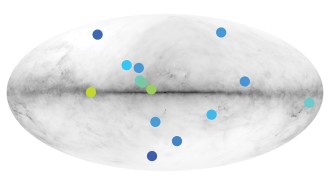 Space
SpaceThese discoveries from 2021, if true, could shake up science
Discoveries in 2021, from hidden subatomic particles to the oldest animal fossils, could shake up science. But more evidence is needed to confirm them.
By Aina Abell -
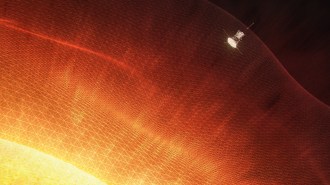 Astronomy
AstronomyThe Parker Solar Probe is the first spacecraft to visit the sun’s atmosphere
NASA’s Parker Solar Probe crossed a boundary between the sun’s atmosphere and interplanetary space that has been predicted for decades but never observed.
-
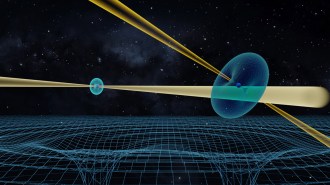 Astronomy
AstronomyThe only known pulsar duo sheds new light on general relativity and more
Einstein was right, among other insights gleaned from watching a one-of-a-kind system of two pulsating dead stars for 16 years.
-
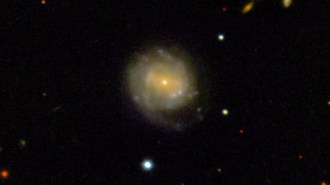 Astronomy
AstronomyThe cosmic ‘Cow’ may have produced a new neutron star or black hole
A bright, mysterious blast of extragalactic light appears to have spawned a small, compact object.
-
 Planetary Science
Planetary ScienceIngenuity is still flying on Mars. Here’s what the helicopter is up to
NASA’s Ingenuity craft was originally planned to operate only 30 Martian days.
-
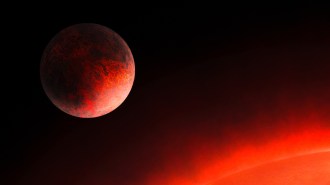 Planetary Science
Planetary ScienceThis tiny, sizzling exoplanet could be made of molten iron
A newly discovered exoplanet that whips around its star in less than eight hours is smaller than Earth, as dense as iron and hot enough to melt.
-
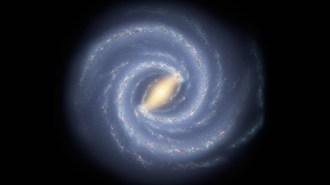 Astronomy
AstronomyAstronomers have found the Milky Way’s first known ‘feather’
Named for the glacier that feeds India’s longest river, the Gangotri wave spans up to 13,000 light-years and bridges two of our galaxy’s spiral arms.
-
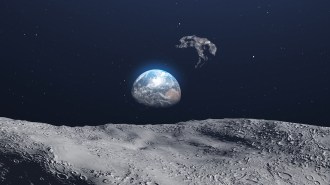 Space
SpaceA space rock called Kamoʻoalewa may be a piece of the moon
New observations reveal the possible origins of a mysterious object called Kamoʻoalewa. It could be the wreckage from an ancient impact on the moon.